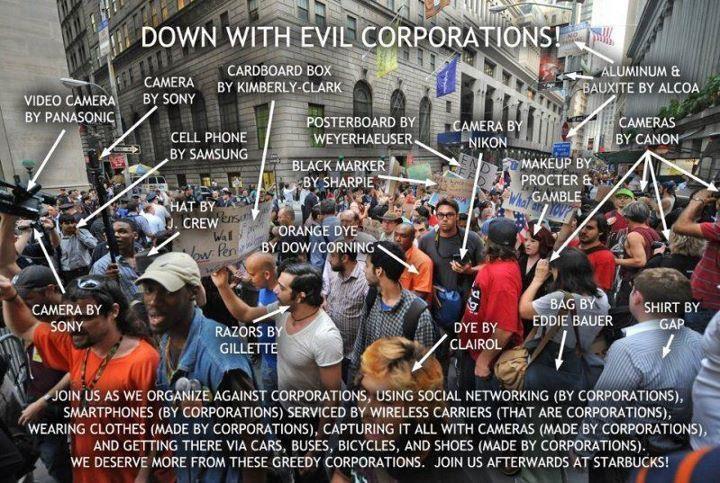How many people saw the clip of Alessio Rastani brashly predicting the markets would crash? The video turned Rastani in to an overnight Internet sensation, a banker with the balls to confess to his inglorious disregard for everybody else’s money.
The video should be taken with a pinch of salt. Rastani has just as much to gain from ‘outing’ himself as every other banker has in operating quietly. But hidden in the scaremongering is a beautiful little snippet of advice for any hustler, any affiliate with the initiative to make some money when the economy cracks again.
http://www.youtube.com/watch?v=d72YatP5BP8
“We don’t really care that much about how they’re going to fix the economy, our job is to make money from it.”
“The governments don’t rule the world, Goldman Sachs rules the world.”
“If you have the right plan set up, you can make a lot of money from this.”
These are words of encouragement that should ring out to any readers who enjoyed the bizopp boom of 2008.
I enjoyed my first break in affiliate marketing by following a very simple economic theory that practically any dipship with a keyboard and some web hosting could have copied – and many did.
When people are fearing for their jobs, and when the mortgage walls are closing in, the opportunity to make ‘easy money’ and become self-sufficient is even harder to resist.
Who wouldn’t want to get rich posting links on Google?
Who wouldn’t want to earn $693/day by clicking a button and counting the profit?
Affiliates, blessed with the flexibility of changing business strategies overnight, swept to meet this demand and banked millions of dollars. In the news, and in the papers, all you would see was doom and gloom. More jobs lost, more disaster predicted and even greater incentives for affiliates to leverage in to their landing pages.
Now, admittedly, the products that were rushed on to the market to meet that rising demand were flimsy at best. Anybody promoting them was likely to wake up richer, but in a bed that smelt distinctly unlike roses.
There’s another reason why we should be optimistic about any market crash.
What do consumers do when they start to ‘feel the crunch’? They go online! Instead of spending money willy-fucking-nilly like a single mum of six on benefits (fuck you all, maggots of the state), they actually have to think about their purchases. That means our chances of courting such transactions are massively improved.
Any economic disaster is likely to be devastating to high street shops, or for intricately designed businesses operating on wafer thin margins. But in our industry, the margins are apple pie deep. We can sell products globally and move towards the money in a blinking of the eyelid. The flexible will survive. The smart and flexible will thrive.
Alessio Rastani has copped a lot of jealousy-driven YouTube comments from the proletarians of society. Those who feel eternally battered in to submission by bankers and giant corporations, despite their own mindless devotion to the very entities they claim to hate.

Image jacked From Sean Powl on Facebook. Cheers!
But what Rastani says is absolutely true, even if his motives are not (get proles get money seems to be his real agenda, very similar to the Warrior Forum pyramid).
A downward market is brilliant for entrepreneurs and innovative minds.
Fear is the incentive to end all, and as we know, every single commission you’ve ever received was registered for no other reason than because the incentive was great enough. Why shouldn’t we be pissing our pants in excitement at the idea of fear sweeping in to households around the world?
When society feels beaten down in to submission, the little hand offering escapism is worth more than ever. As affiliates, we often find ourselves charged with convincing users to behave as we want them. The task becomes much easier when indifference is replaced with fear, insecurity and a constant desire to change.
I certainly won’t be sobbing if the markets crash, or if fear sweeps the nation. If I were you, I’d be preparing for the worst and getting ready to deliver that escapism. If the worst comes to be, escapism will be in hot demand.
Recommended This Week
To those who haven’t already checked out my $27.95 Premium Posts, the power of these balls compels you to do so immediately. If you’re a Plentyoffish affiliate, or a dating affiliate in general, there’s a lot of info to be grabbed inside. Sceptical about the quality? Google it and sniff out the feedback.
If you’re a new reader, please add me to your RSS. Also follow me on Twitter Love you long time. Thanks for reading.




Mapiac is also a handy travel website and not acquired by tripadvisor haha, it gives unique travel inspiration on a…